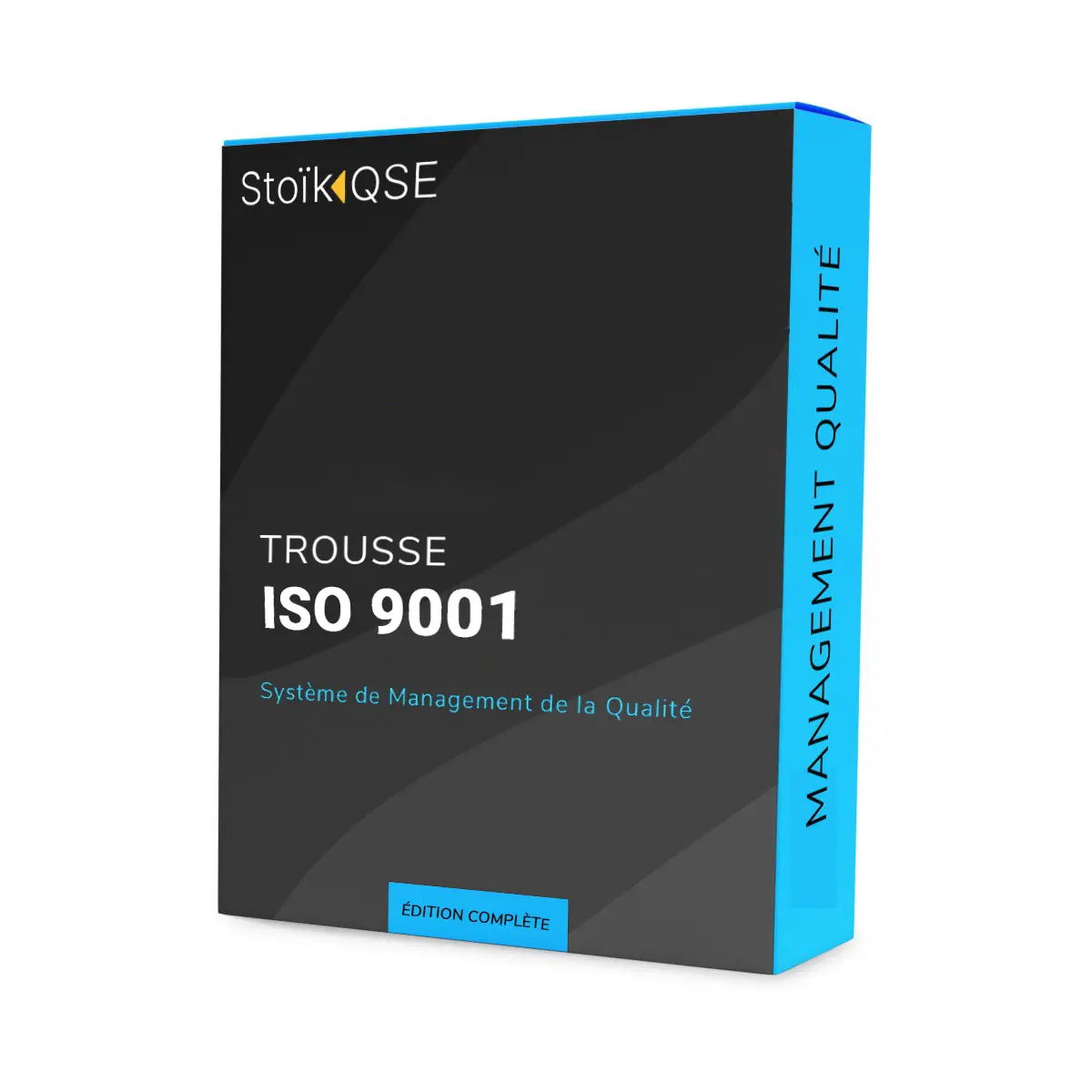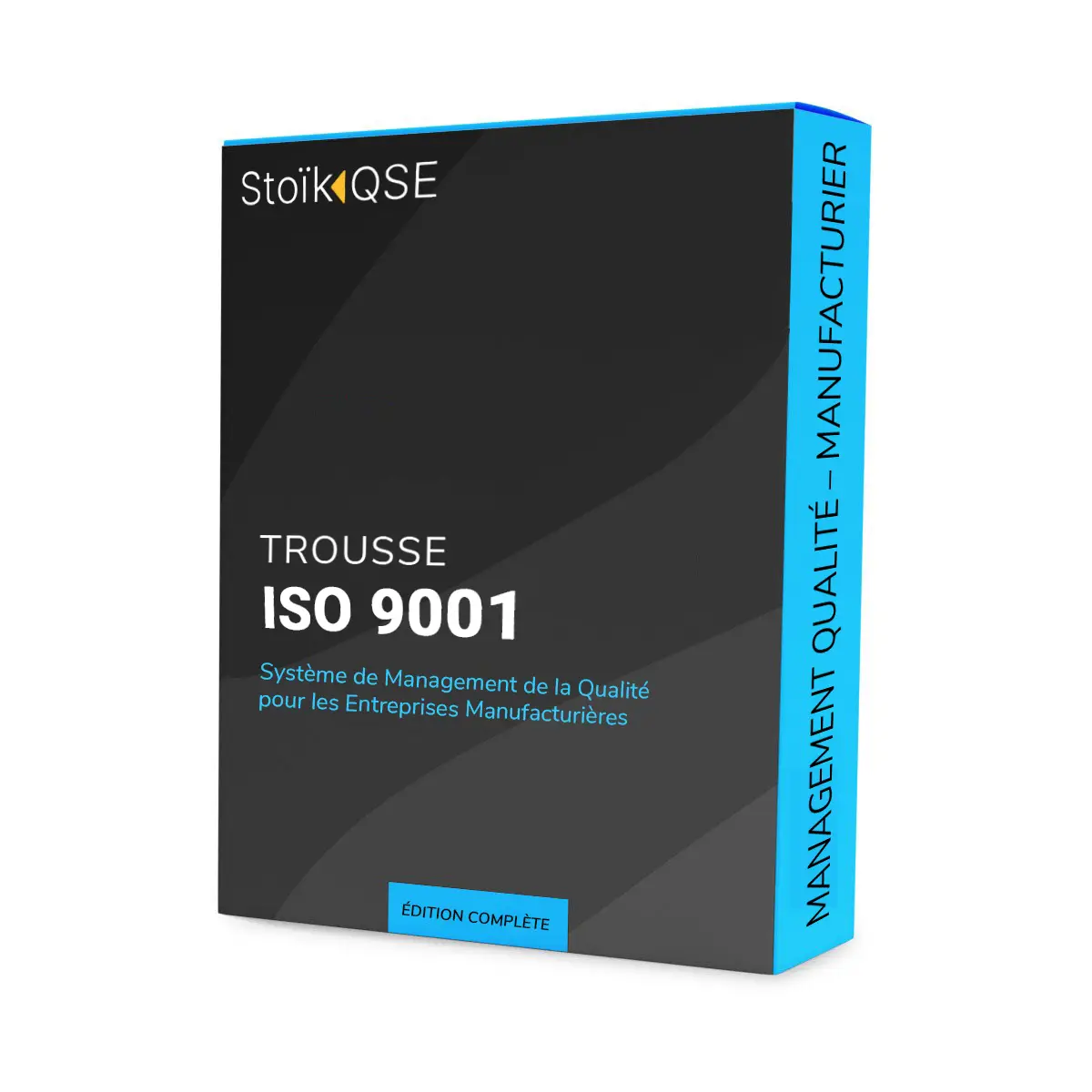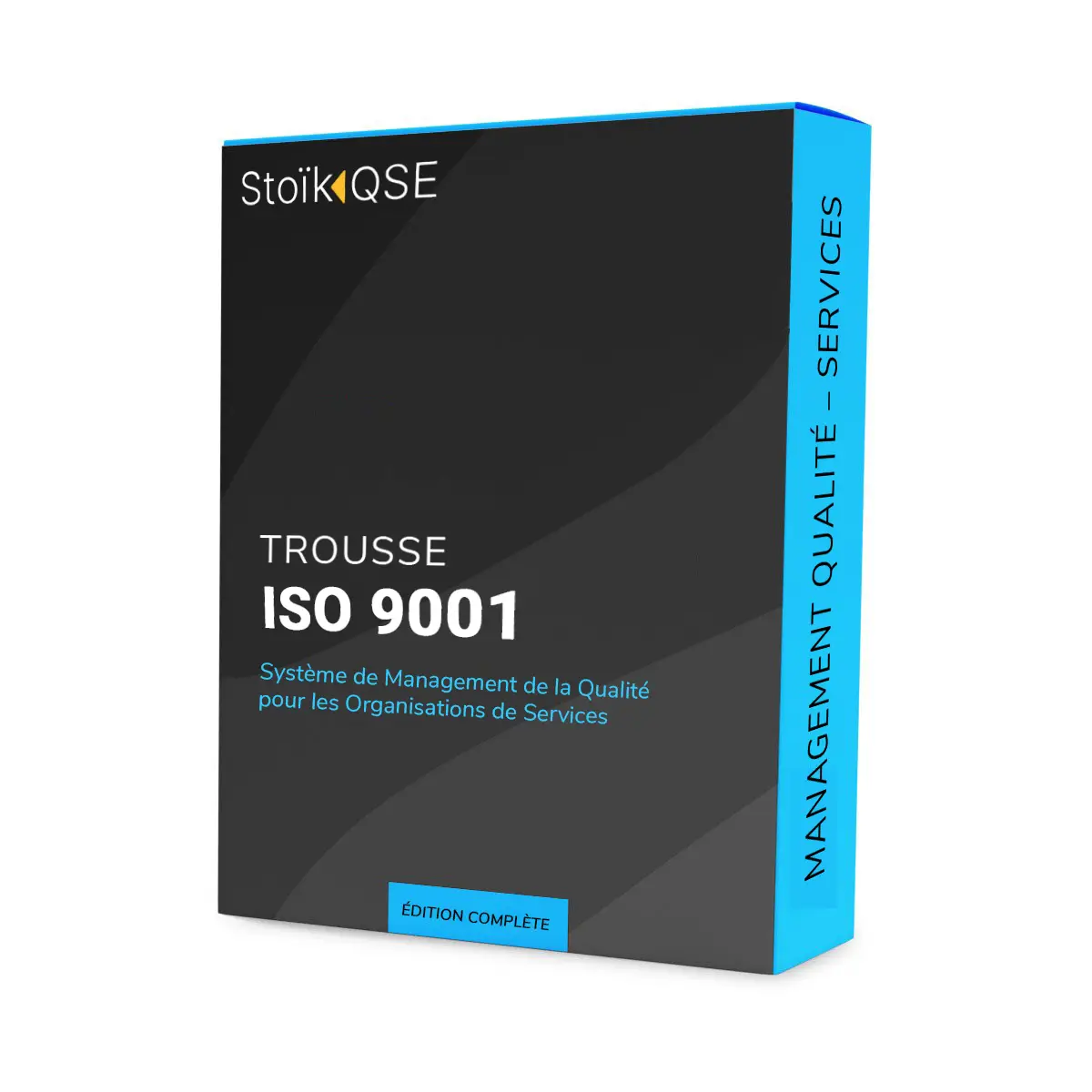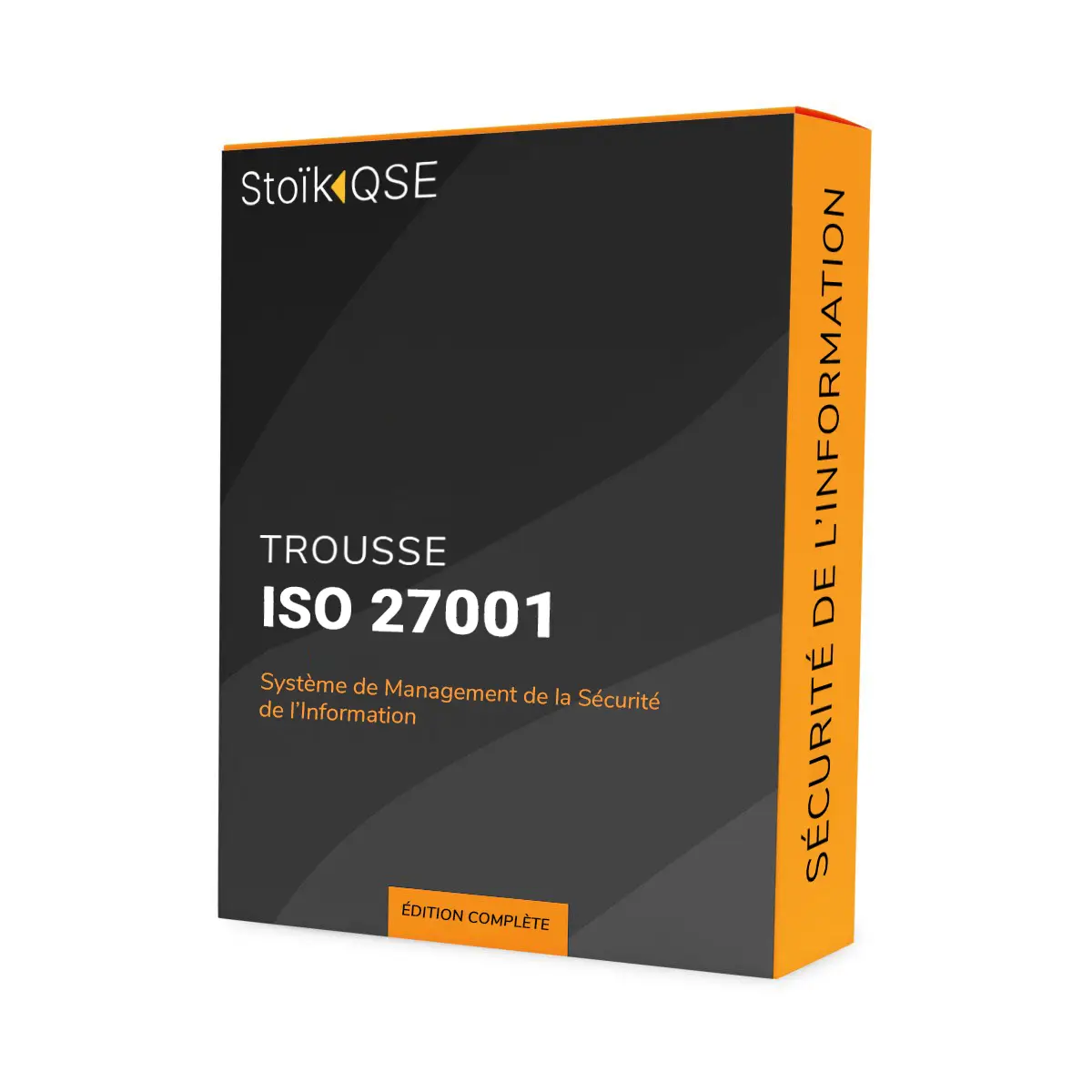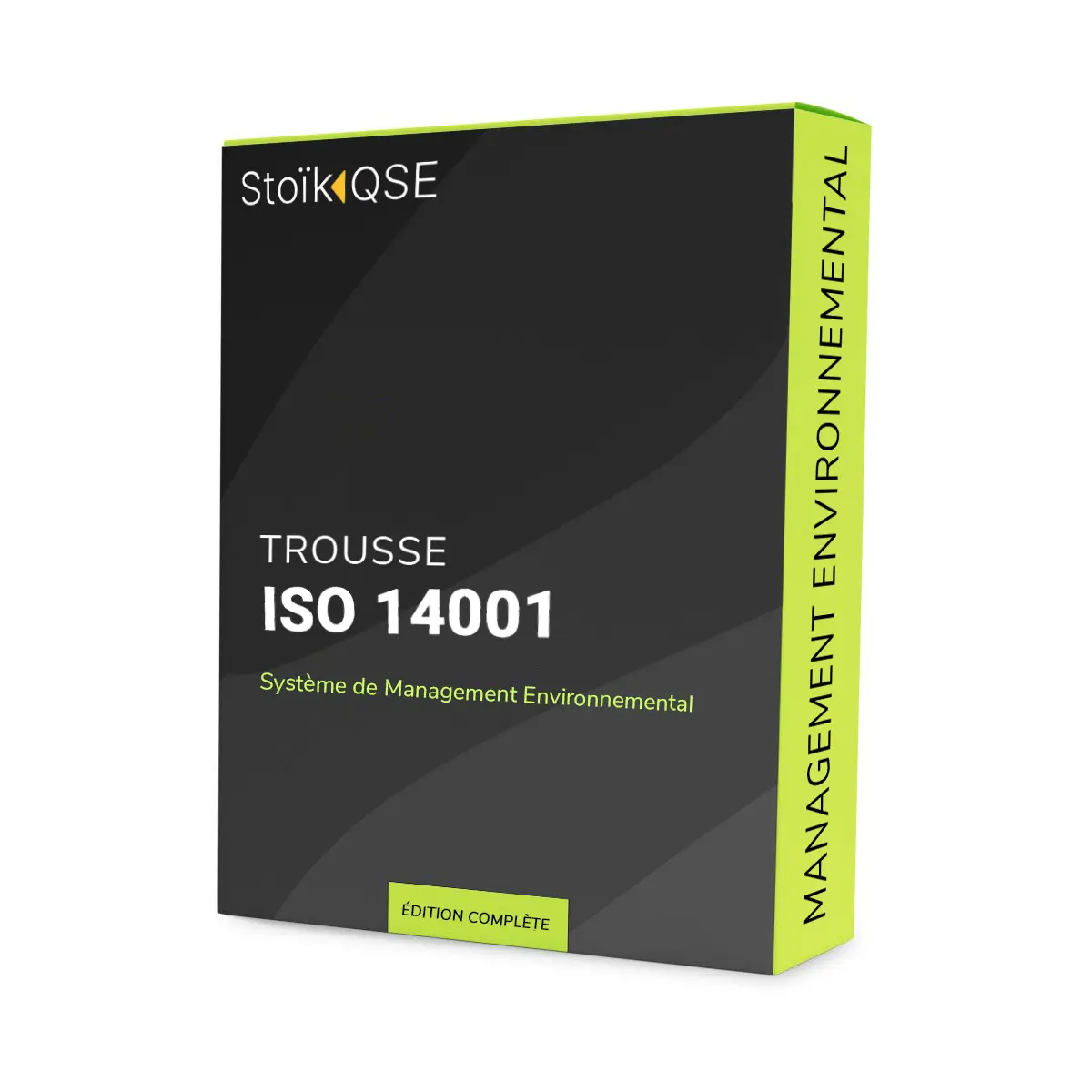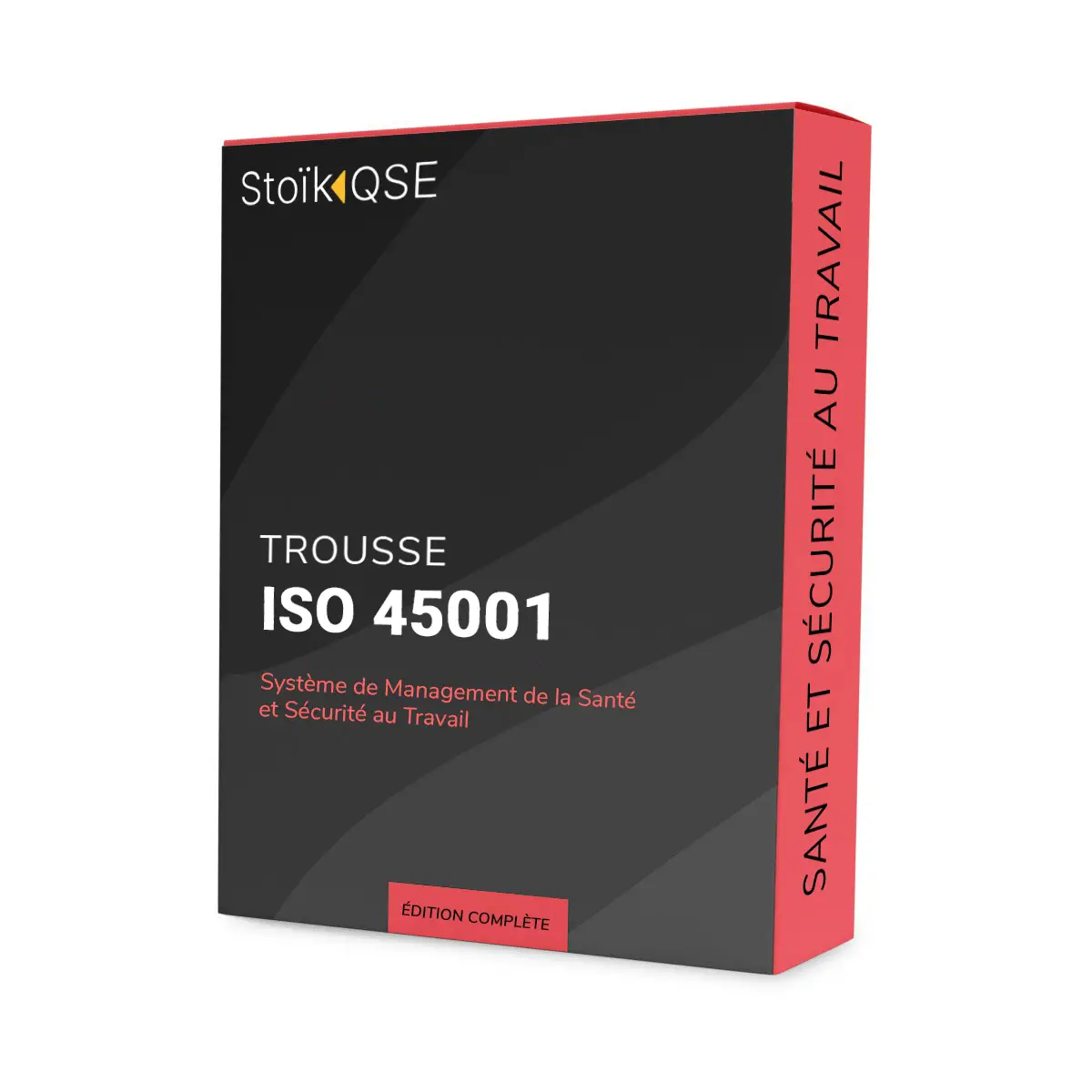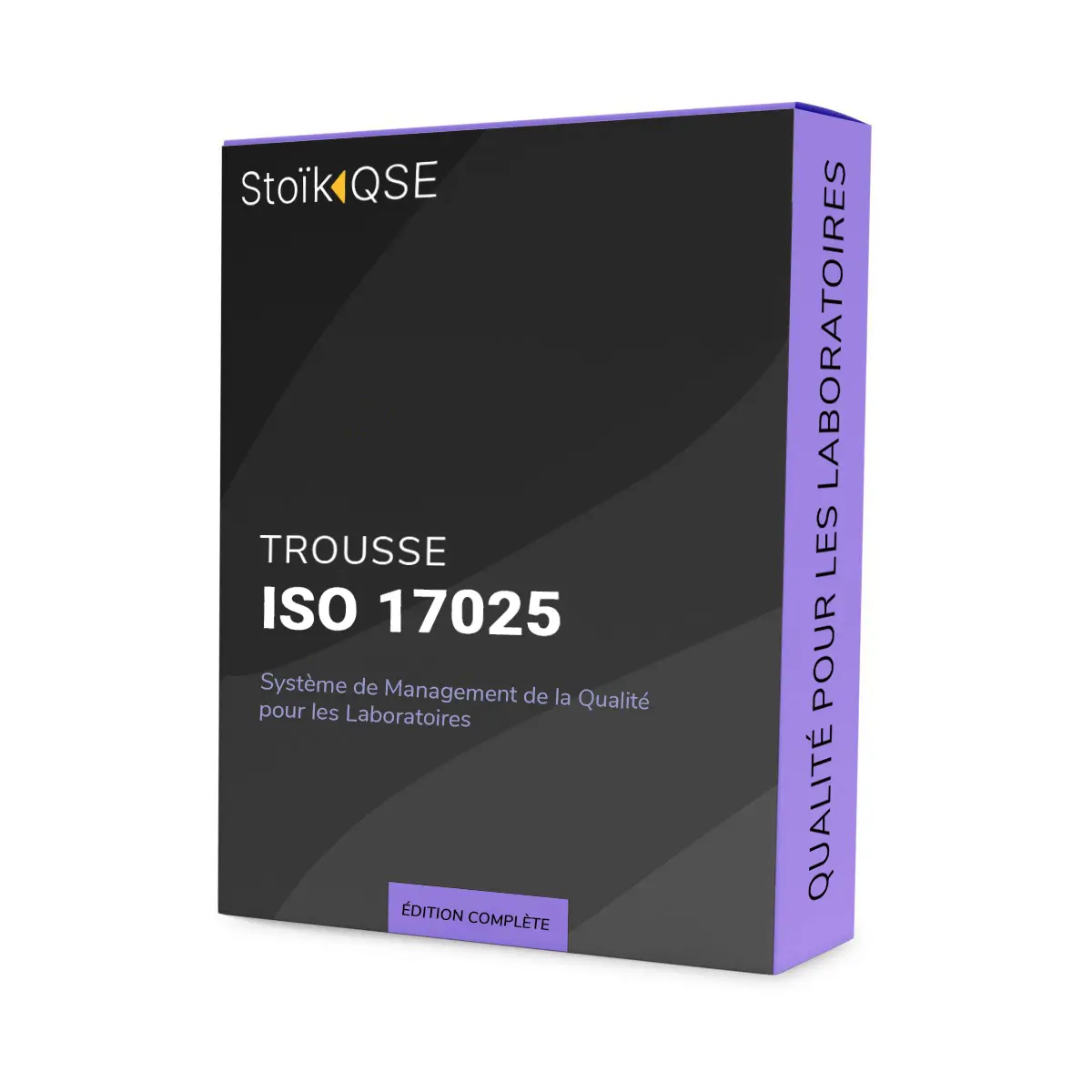Operational efficiency is the key to competitiveness
In the business world, operational efficiency is the key to competitiveness. For small and medium-sized enterprises (SMEs), the adoption of internationally-recognized standards such as ISO 9001 is often perceived as an approach aimed solely at certification. However, the implementation of this standard can serve a far more strategic objective: the internal structuring of the company.
Why choose ISO 9001 for structuring?
ISO 9001 is a quality management framework that encourages organizations to implement an effective system that improves processes and enhances customer satisfaction. Even without the finality of certification, integrating its principles can radically transform the way a company operates for the better.
01.
Clearer processes and greater efficiency
Well-defined processes optimize operations and reduce wasted time.
02.
Best quality
Standardized working methods improve the consistency and quality of results.
03.
Easy to train
It’s easier to train new employees with clearly documented processes.
04.
Error reduction
Precise instructions minimize the risk of errors and misunderstandings.
05.
Continuous improvement
Having defined processes makes it easier to analyze and improve them.
06.
Better communication
Clear processes promote better understanding between teams.
07.
Regulatory compliance
Well-documented processes facilitate compliance with standards and regulations.
08.
Easier decision-making
A clear overview of operations supports strategic decision-making.
09.
Better risk management
Clarifying processes makes it easier to identify points of vulnerability and potential risks in the company’s operations. This enables more effective preventive measures and contingency plans to be put in place, reducing the SME’s exposure to operational, financial or strategic risks.
This improvement in risk management can take the form of :
- More precise anticipation of potential problems
- Faster, better coordinated response to incidents
- Reduced costs associated with unforeseen events
- Greater confidence from partners and investors in the company’s stability
How to implement ISO 9001 without certification: Practical steps
Implementing ISO 9001 without certification involves an approach focused on adapting best practices rather than on audit compliance. Here are the key steps:
| 1. MANAGEMENT COMMITMENT | It all starts with a clear commitment on the part of management, who must believe in the added value of internal structuring. |
| 2. PURCHASING ISO 9001 | Acquiring an official copy of the standard is essential for any company wishing to implement ISO 9001. The standard serves as a comprehensive guide, clearly explaining the requirements and providing precise guidelines for improving quality processes. |
| 3. DEDICATE A RESOURCE TO IMPLEMENTATION | Select an internal manager to oversee implementation. |
| 4. RESOURCE TRAINING | Invest in specialized training, such as that offered by Stoik QSE. |
| 5. REVIEW EXISTING PROCESSES | Analyze current processes to identify inefficiencies and areas for potential improvement. |
| 6. SETTING UP A DOCUMENTATION SYSTEM | Create quality documents and standard operating procedures. |
| 7. IMPLEMENTATION OF CHANGES | Make the necessary adjustments to align processes with the standard. |
| 8. INTERNAL AUDIT | Check the effectiveness of practices through regular audits. |
| 9. CONTINUOUS IMPROVEMENT | Encourage a culture of continuous improvement. Implement a feedback system to continue improving processes based on feedback from internal and external users. |
Conclusion
Implementing ISO 9001 without seeking certification can be an extremely beneficial approach to structuring an SME. It lays solid foundations for the future, improving efficiency and increasing customer satisfaction, while paving the way for future certification if desired.






